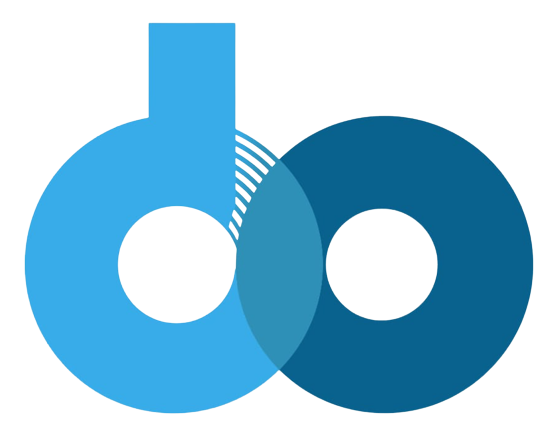In the rapidly changing fields of technology and finance, cryptocurrencies have come to light as a ground-breaking idea that are like preconceived ideas about money and payment methods. However, what is a cryptocurrency really, and how does it operate? There are so many ifs, but and and/ors attached to cryptocurrency, and we are here to help you out. Introducing DoCoin, a web 3 e-commerce platform created to harness the power of cryptocurrencies in the realm of online buying, and explores the fundamental ideas behind this digital currency.
The Fundamentals of Cryptocurrency
Fundamentally, a cryptocurrency is a virtual or digital currency that is protected from counterfeiting and double-spending by cryptography. Cryptocurrencies function on a decentralized network known as a blockchain, in contrast to conventional currencies issued by central banks. With the use of this distributed ledger, all transactions are publicly and transparently recorded, doing away with the necessity for reliable middlemen like banks.
Below are a few essential characteristics of the coin:
- Decentralization: The creation and administration of currency are not under the power of a single party.
- Cryptography: Robust algorithms guard against fraud and secure transactions.
- Transparency: The blockchain makes every transaction visible to the public.
- Immutability: Transactions are unchangeable once they are recorded and cannot be undone.
- Pseudonymity: Users are generally identifiable by public key addresses, not personal information.
Let us now take a leap ahead on understanding the Varieties of Uses for Cryptocurrency. Cryptocurrencies have potential uses beyond trade, despite being frequently linked to speculation and investment. They are useful for:
- Cross-border payments: When compared to traditional banking systems, these transactions are quicker and less expensive internationally.
- Micropayments: Making little digital goods and services easier to pay for.
- Supply chain management: Monitoring the flow of merchandise and guaranteeing the legitimacy of the commodities.
A paradigm shift in our understanding and interactions with money is represented by cryptocurrency. The underlying technology and its potential uses are still evolving quickly, despite persistent hurdles including volatility and regulatory uncertainty.
DoCoin and other platforms demonstrate how cryptocurrency may be incorporated into current systems, such as e-commerce, providing creative solutions and enabling consumers. With increasing knowledge and comprehension, bitcoin has the potential to significantly influence the direction of digital commerce and finance in the future.
